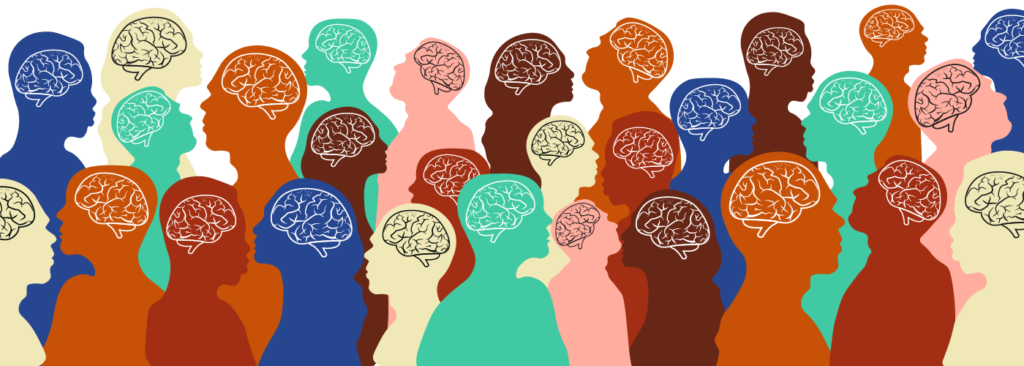
What are the mental health conditions supported by NDIS?
The NDIS doesn’t provide support based on the specific mental health condition itself. Instead, they focus on whether the condition results in a psychosocial disability. This means it has a long-term impact and significantly affects your ability to manage daily activities.
Some common mental health conditions that may be eligible for NDIS support include:
- Schizophrenia and other schizoid disorders
- Anxiety disorders like OCD, PTSD, and phobias
- Mood disorders like bipolar disorder and depression
It’s important to remember that this is not an exhaustive list. The key factor is how the condition impacts your daily life.
Why is seeking NDIS mental health support important?
- Improved Independence and Quality of Life: NDIS funding can provide access to a variety of support workers and therapists who can help you manage your condition and develop skills for daily living. This can empower you to become more independent and participate more fully in your life.
- Targeted Support for Your Needs: NDIS plans are individualized, meaning the support you receive is tailored to your specific challenges. This ensures you get the help that’s most effective for you.
- Financial Assistance: Mental health treatment can be expensive. NDIS funding can help alleviate this burden, allowing you to focus on your recovery without worrying about the cost.
- Social Connection and Community Inclusion: NDIS can connect you with support groups and programs that can help you build social connections and feel less isolated. This sense of community can be crucial for mental well-being.
- Long-Term Recovery: With the right support, you can develop effective coping mechanisms and strategies to manage your condition over the long term. This can lead to a more stable and fulfilling life.
What are the criteria for mental health conditions in the NDIS assessment?
- People who are struggling with their mental health may be able to receive NDIS support. In order to request NDIS assistance for psychosocial disabilities, an applicant must:
- Be younger than 65 years old and older than 7 years.
- Possess a serious and persistent mental illness that severely impairs their ability to function and necessitates constant care.
- Be a citizen, permanent resident, or holder of a special category visa residing in Australia.
In order to assess your eligibility for NDIS support, documentation demonstrating the effects of your psychosocial disability is necessary. Should you need ongoing assistance, you might not be able to fulfill the requirements for eligibility.
What are the tips for accessing NDIS psychosocial support?
It’s crucial to compile the supporting documentation and evidence for your NDIS application before requesting assistance. It can be difficult to manage the difficulties that come with mental illnesses; there will always be good days and bad. Participants may occasionally be required to keep a journal in which they record their daily struggles. Following NDIS approval, you can collaborate with your local area coordinator and NDIS plan manager, who can offer advice and insight into your plan.
Evidence regarding the effects of your psychosocial disability can be provided by a mental health support team or general practitioner (GP) and submitted to the NDIA for review. It will assist in providing context for your functional ability and the resources that will improve your quality of life.
All things considered, the NDIS provides a range of assistance to those who suffer from mental diseases. Help with housing, therapy, support for day-to-day activities, and the development of life skills are all examples of forms of support. Only individuals with severe and permanent disabilities that have an adverse effect on their health may be eligible for NDIS mental health support. To help you achieve your personal objectives and lead an independent, satisfying life in such a circumstance, ask for assistance and, if at all possible, make use of NDIS support.
